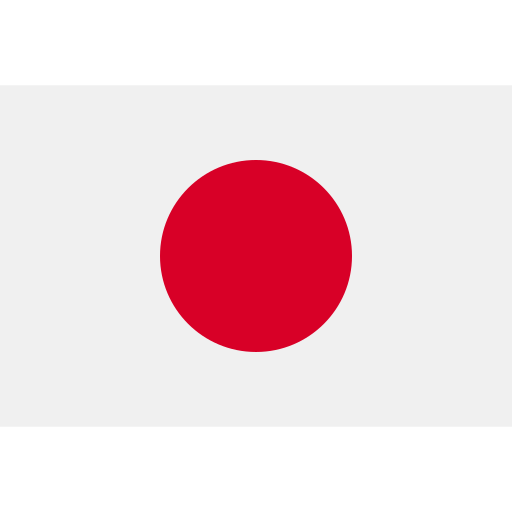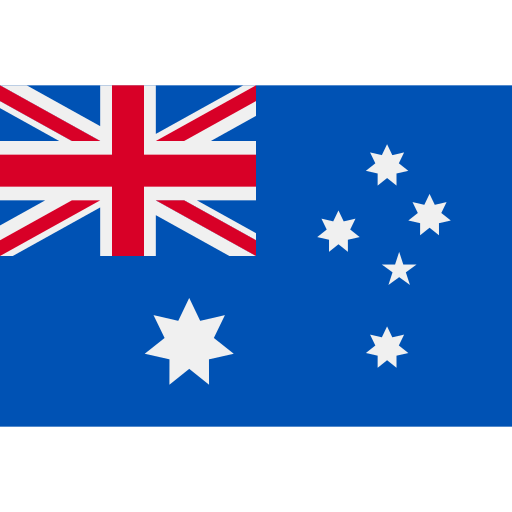Most Asia markets fall ahead of Bank of Japan decision
[ad_1]
29 Mins Ago
CNBC Pro: Forget Big Tech. Bernstein likes these global stocks from an ‘unloved’ part of tech — and more
High interest rates are usually bad for tech stocks, and they’re now a key macroeconomic risk for “expensive” ones in particular — but two parts of the sector are in a good position, according to Bernstein.
One of them is “the cheapest sector in terms of [price-to-sales ratio],” it said.
It also named its top picks and refreshed its screens of global tech stocks.
CNBC Pro subscribers can read more here.
— Weizhen Tan
29 Mins Ago
CNBC Pro: Is Meta a buy after the brutal tech sell-off? Here’s what the pros are saying
Meta Platforms saw its shares caught up in a broad tech sell-off last week — but several analysts remain bullish.
Meta’s stock fell 3.86% last week, although was trading over 2% higher Monday.
“I believe this tech sell off here, [when] we look back three, six months, I view this as more of a golden opportunity, not the time [for it] to head into hibernation mode,” Dan Ives from Wedbush Securities told CNBC’s “” on Thursday, in the midst of the market downturn.
Other analysts also weighed in on the outlook for the stock.
CNBC Pro subscribers can read more here.
— Amala Balakrishner
55 Mins Ago
Japan retail sales growth rate falls after four straight months of acceleration
Japan’s retail sales climbed 5.8% in September from a year ago, a slower expansion compared with the 7% growth seen in August.
This is the first month that the growth rate softened after four straight months of accelerating growth, and was slightly lower than the 5.9% expected by economists polled by Reuters.
Total commercial sales came up to 50.35 trillion yen ($337.17 billion) in September, its highest level since March.
— Lim Hui Jie
An Hour Ago
Japan October industrial output sharply misses expectations
Japan’s industrial production climbed just 0.2% in September compared to the previous month, according to preliminary figures from the country’s ministry of economy, trade and industry.
While this was a reversal from the 0.7% fall seen in August, the growth rate was sharply lower than the 2.5% month-on-month growth expected by economists polled by Reuters.
Industrial output fell 3.7% year on year in September, a softer contraction than the 4.4% drop in August.
— Lim Hui Jie
7 Hours Ago
Oil prices slide as investors eye war, Fed
Oil prices fell on Monday as investors closely followed the Israel-Hamas war while readying for the Federal Reserve policy meeting later this week.
Brent fell 2.9% at $87.88 per barrel. The U.S. West Texas Intermediate futures declined 3.5% to $82.59 per barrel.
— Alex Harring, Lee Ying Shan
10 Hours Ago
Morgan Stanley’s top strategist says fourth-quarterly rally unlikely
The likelihood of a fourth-quarter rally has “fallen considerably” over the past month, according to Morgan Stanley chief U.S. equity strategist Mike Wilson.
Wilson has been forecasting the S&P 500 ending the year at 3900, making him among the most bearish strategists on Wall Street according to CNBC’s Market Strategist Survey. While he noted in a Sunday note to clients that initial bullish sentiments waned in September — before picking up again this month on expectations of better third-quarter earnings and seasonal strength into the year-end — his lower estimate for the broad market index remains.
To read more about his call, click here.
— Hakyung Kim
11 Hours Ago
Bank of Japan to consider allowing yields to rise above 1%, report says
Bank of Japan officials on Tuesday are expected to consider allowing longer-term bond yields to rise above a 1% cap amid a run-up in rates the central bank is trying to stave off, according to a report Monday.
Rising U.S. bond yields have spread globally and are pressuring their global counterparts, particularly since Federal Reserve Chairman Jerome Powell recently emphasized his commitment to fighting inflation. Allowing flexibility on previous yield curve caps could provide BoJ officials some breathing room, NikkeiAsia reported, citing sources familiar with the talks.
Rising U.S. bond rates have resulted in money flowing to the dollar, putting downward pressure on the yen and exacerbating inflation. Allowing some flexibility on the caps chases away speculators while helping Japan manage its own inflation issue.
The yen rose against the U.S. dollar following the Nikkei report, most recently trading at 149.21.
—Jeff Cox
[ad_2]
Read More:Most Asia markets fall ahead of Bank of Japan decision

 Canada
Canada Japan
Japan Germany
Germany Australia
Australia United States
United States United Kingdom
United Kingdom China
China France
France Ukraine
Ukraine Russia
Russia Turkey
Turkey
Comments are closed.